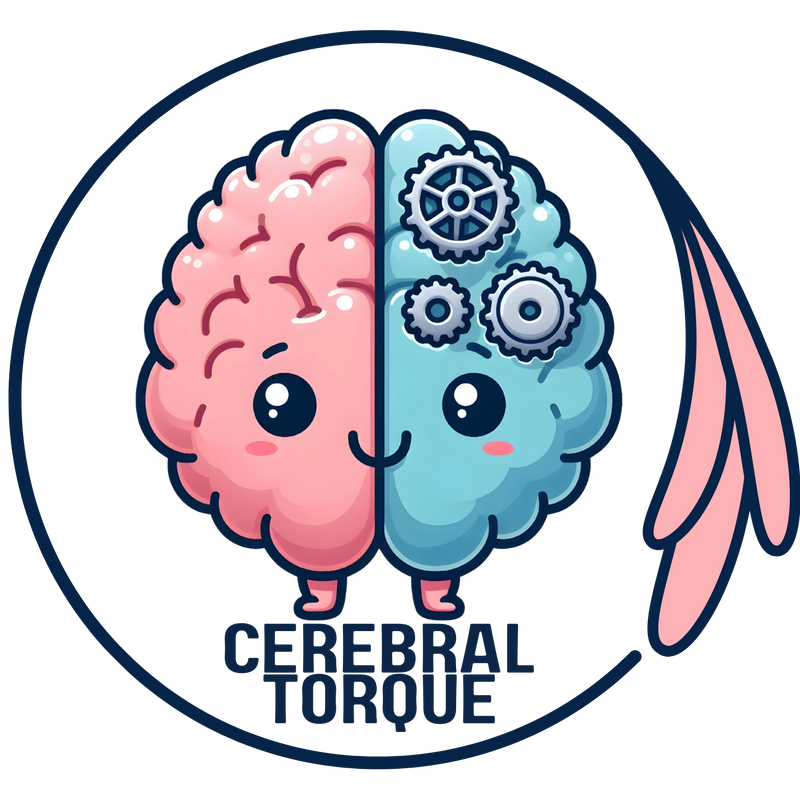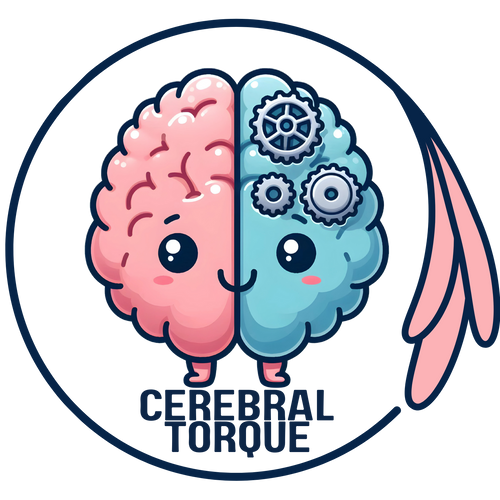Vitamin B12 Deficiency and Migraine
Posted on October 13 2023,

This post is for educational purposes only and may contain errors. Please talk to your neurologist.
Vitamin B12 is a water-soluble B vitamin that has roles in DNA and red blood cell synthesis, myelin formation, and homocysteine metabolism. Deficiency may result in macrocytic anemia and neurologic dysfunction.
Vitamin B12 requires a complex absorption process involving intrinsic factor and stomach digestion of ingested B12 (we will get to why this is relevant towards the end of this article).
Vitamin B12 deficiency may contribute to migraine pathogenesis, but clear, solid evidence is still lacking. One study compared B12 status in 70 migraine patients versus 70 matched healthy controls. The migraine patients were found to have significantly lower serum B12 levels compared to the control group.
Source; https://pubmed.ncbi.nlm.nih.gov/31471907/
However, and this is the part that is incredibly important, serum B12 alone can be an unreliable marker of deficiency.
So how do you know if you are actually vitamin B12 deficient?
First, serum vitamin B12 levels have been shown to fluctuate substantially over time, with variations of more than 20% being common. So, a single low value may not indicate true deficiency. Second, most of the vitamin B12 in our blood is bound to proteins like haptocorrin and transcobalamin II. If haptocorrin levels fall for some reason, the total B12 will decrease even though the functionally important B12 bound to transcobalamin II is normal. This happens in conditions like pregnancy, several diseases, and with use of oral contraceptives (which is sometimes prescribed for menstrual migraine).
On the other hand, high levels of haptocorrin could bind more of the circulating B12, leaving less to bind to transcobalamin II and enter cells. This would produce a misleadingly normal total B12 level in the face of functional B12 deficiency. To confuse matters further, pernicious anemia (more on pernicious anemia later) is associated with autoantibodies that can interfere with the assay and produce falsely normal results.
Recognizing the limitations of serum B12 testing is crucial to possible proper diagnosis.
So, now that we know serum B12 may not always be reliable, let’s look at the proper steps that should be taken:
- Check a complete blood count (CBC). Macrocytic anemia or other abnormalities may be the first clue to B12 deficiency.
- Check serum B12 level. While a low level may support the diagnosis, a normal or borderline level does not rule out deficiency.
- If serum B12 is borderline or normal but suspicion remains, check MMA (methylmalonic acid) and homocysteine levels.
- A normal MMA with normal homocysteine indicates no B12 or folate deficiency.
- An elevated homocysteine with an elevated MMA indicates a B12 deficiency but does not eliminate the possibility of a folate deficiency.
- A normal MMA with an elevate homocysteine indicates there is no B12 deficiency, but there is a deficiency of folate.
To understand why this is, see the figure below:

Vitamin B12 and folate are involved in a biochemical pathway called the methylation cycle. This pathway removes homocysteine from the body and regenerates methionine and tetrahydrofolate (THF), which are necessary for DNA synthesis.
In vitamin B12 deficiency, the enzymes methionine synthase (in the homocysteine pathway) and methylmalonyl-CoA mutase (in the MMA pathway) are impaired because they depend on B12.
As a result, two things happen with B12 deficiency:
Homocysteine levels rise because there is less THF available for the reaction that converts homocysteine to methionine and MMA levels rise because vitamin B12 is required to convert methylmalonyl-CoA to succinyl-CoA.
Without enough B12, MMA and homocysteine back up and accumulate.
In folate deficiency, THF levels are low. This directly impairs the reaction that converts homocysteine to methionine. Homocysteine again accumulates. However, the reaction converting methylmalonyl-CoA to succinyl-CoA is intact without folate, so MMA levels remain normal.
So, to reiterate:
Vitamin B12 deficiency: MMA elevated, homocysteine elevated
Folate deficiency: MMA normal, homocysteine elevated
In the study posted earlier, migraine patients had markedly higher MMA levels, confirming a true B12 deficiency state. Those with the highest MMA levels had over a 5-fold increased risk of migraine.
Other small studies have also found elevated homocysteine in migraine patients, likely reflecting B12 deficiency as well.
These studies suggest correcting B12 deficiency may benefit some migraine patients, but placebo-controlled trials are still needed. This does not mean taking vitamin B12 supplementation without a diagnosis of vitamin b12 deficiency. Do not do this unless your physician recommends it.
Furthermore, the route and dosage of vitamin B12 supplementation is important.
Patients who are symptomatic from their vitamin B12 deficiency require more urgent therapy. This would include those with severe or symptomatic anemia, significant neurological or psychiatric symptoms, pregnant women in whom fetal development may be impacted, and infants. In these patients, parenteral (not by mouth) vitamin B12 is often used initially to ensure rapid absorption and resolution of the deficiency.
For many individuals with asymptomatic vitamin B12 deficiency, oral vitamin B12 supplementation is equally effective as injections. High dose oral vitamin B12, has been shown to resolve deficiency even in patients with impaired absorption. Patients with lifelong conditions causing malabsorption, like pernicious anemia or gastric surgery, require lifelong replacement. In pernicious anemia, an autoimmune disease, antibodies damage the stomach’s parietal cells that produce intrinsic factor that is needed for B12 absorption. In terms of gastric surgery procedures, there is an issue with absorption of vitamin B12 from food. Monthly vitamin B12 injections are commonly used in these patients, but oral daily doses can also be effective if the high dose is maintained, and absorption is documented.
Regardless of the regimen, monitoring the response to supplementation is important. Testing should be more frequent initially in symptomatic patients. Lack of an appropriate response warrants reassessment of the underlying diagnosis and consideration of the need for parenteral therapy.
It is important to empathize that we lack definitive evidence that treating B12 deficiency will improve migraine, but the correlation found between deficiency and migraine suggests it is prudent to test levels in migraine patients and ensure adequate B12 status.
Mon, Nov 17, 25
Migraine Research - During the week of my absence.
Migraine Research - During the week of my absence. The Association Between Insomnia and Migraine Disability and Quality of Life This study examined how insomnia severity relates to migraine disability...
Read MoreSat, Nov 01, 25
Anti-CGRP Monoclonal Antibody Migraine Treatment: Super-Responders and Absolute Responders and When to Expect Results
Anti-CGRP monoclonal antibodies achieved 70% super-response and 23% complete migraine freedom in a one-year study. Most dramatic improvements occurred after 6 months of treatment. For patients with chronic or high-frequency...
Read MoreAll Non-Invasive Neuromodulation Devices for Migraine Treatment
Wondering if migraine devices actually work? This guide breaks down the latest evidence on non-invasive neuromodulation devices like Cefaly, Nerivio, and gammaCore. Learn which devices have solid research backing them,...
Read More



